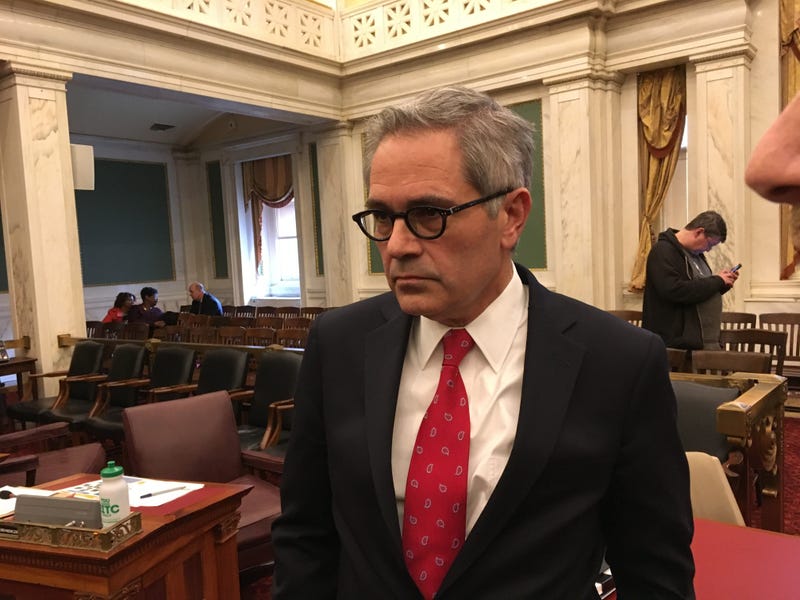
Last year, Larry Krasner announced prosecutors would stop seeking bail for 25 low-level offenses because too many defendants were in jail before they'd ever been convicted of a crime, simply because they were too poor to make bail.
On the one-year anniversary of his new bail reform policy, Krasner says it's working in several ways.
"The new policies didn't have a significant impact on the number of people who go to court and it didn't cause defendants to commit more crimes and it helped to preserve and not to tear apart the lives of those who are poor and people of color," Krasner said.
READ: Philly DA to start enforcing law requiring report of lost or stolen guns
Krasner instituted the new policy - with the cooperation of the city, the public defender and the courts - believing bail drives mass incarceration and unfairly impacts those who can't post even small amounts.
A report by his office shows, indeed, 1,700 fewer people were jailed without increasing the rate of crimes committed by people awaiting trial. There was a significant increase in the percentage who didn't appear for court, but Krasner says that can't be blamed on the new bail policy; it could be a product of better efficiency,
"If in a period of a couple of months you have six court listings, instead of moving at the slow pace previously of three, you're going to see an increase in failure to appear simply because there are more court dates to go to," he said.
The report also theorizes the policy saves money, though how much, it says, is hard to calculate.
While the bail policy, along with city and public defender efforts, have sharply reduced the jail population, Mayor Jim Kenney says there's one area where it's fallen short of expectations: People of color are still over-represented in the city's prisons.
"We haven't been able to move the needle on reducing the disparity. We have to do better," Kenney said.
